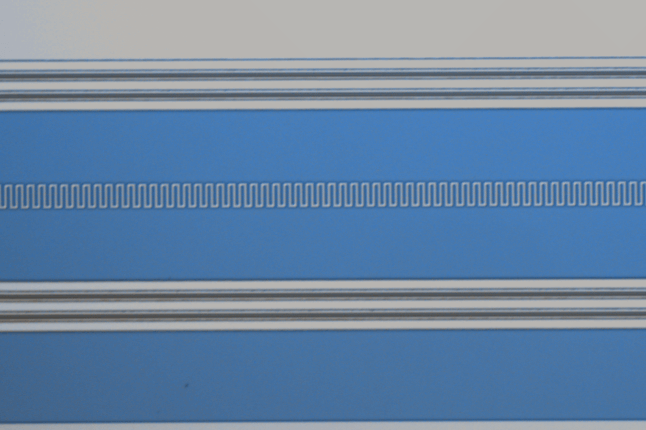News
The chorus of “ewwws” and “gross” weren’t the reactions usually heard coming from a college classroom. But these were the comments emanating from Harvard’s Maxwell Dworkin Room G115, as 22 fourth- and fifth-graders from the Elihu Greenwood School in Boston’s Hyde Park neighborhood tugged at the stringy, slimy mess in their cups.
The young scientists had just produced strings of alginate, a food thickener that is an extract of seaweed, by adding an alginate solution to water containing calcium. The experiment yielded long squishy strings that showed how polymers can be cross-linked together to form gels and other useful materials.
“This is awesome,” said Taejah Baker, holding up her blue strings. “I’m going to take this home and scare my brother.” Her lab partner, Kiara Vazquez, had another idea. “I’m going to scare my mom,” she said.
The experiment, guided by Kathryn Hollar, director of educational programs at the Harvard’s School of Engineering and Applied Sciences (SEAS), was one of dozens of science experiences that gave 200 Boston children a chance to roll up their sleeves and “do” science on five Boston-area university campuses during Step UP’s Science Across the City Day on May 3. Harvard, Boston College, Boston University, Northeastern, and Tufts are working with the Boston Public Schools and the city of Boston year-round to help boost student achievement at 10 schools linked to the Step UP program.
Topics: Applied Physics
Cutting-edge science delivered direct to your inbox.
Join the Harvard SEAS mailing list.



